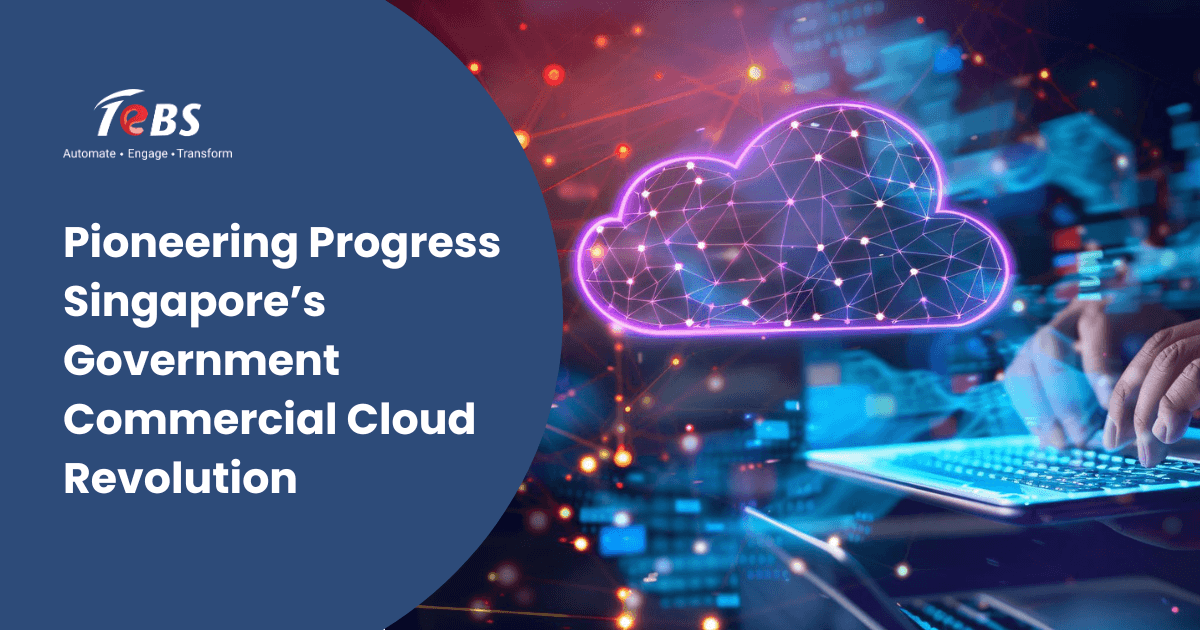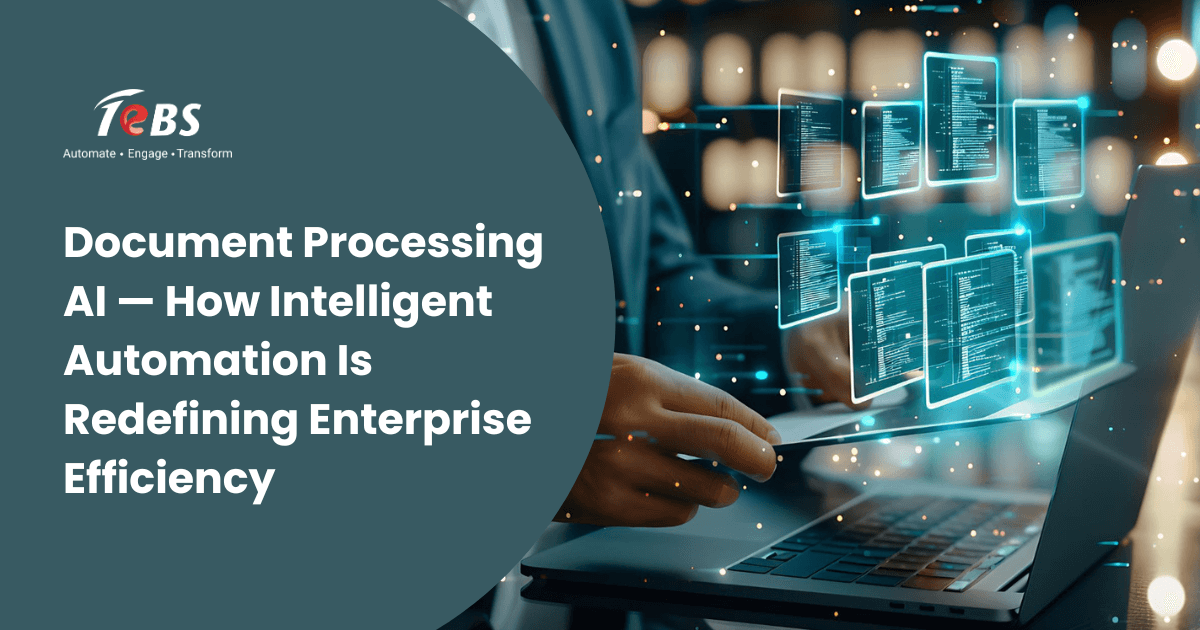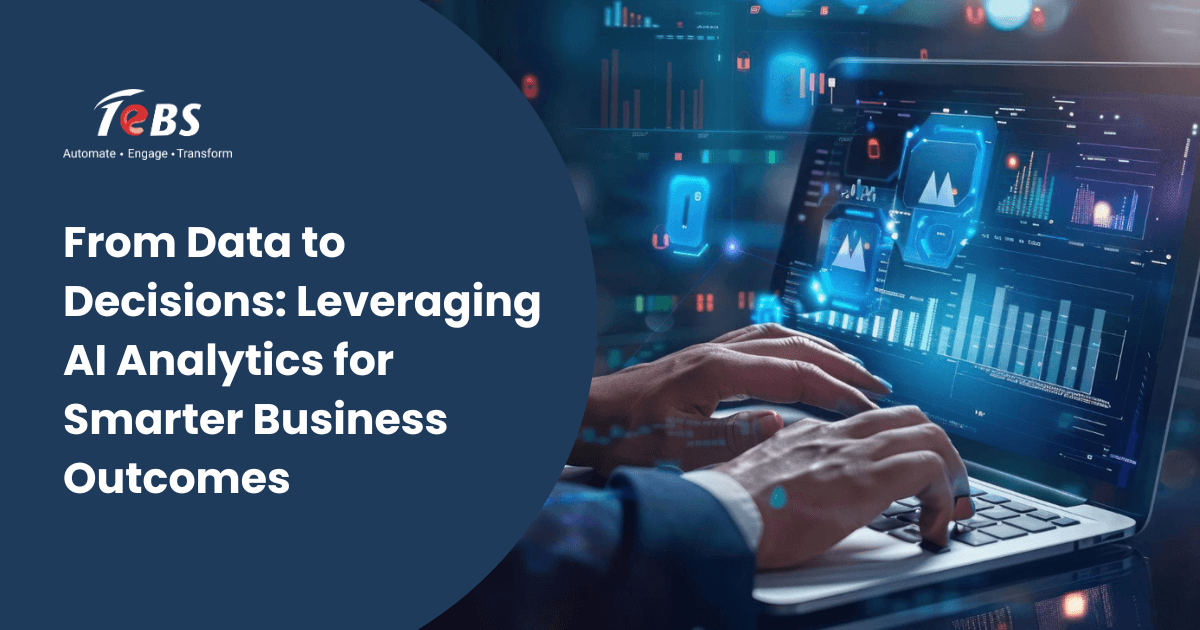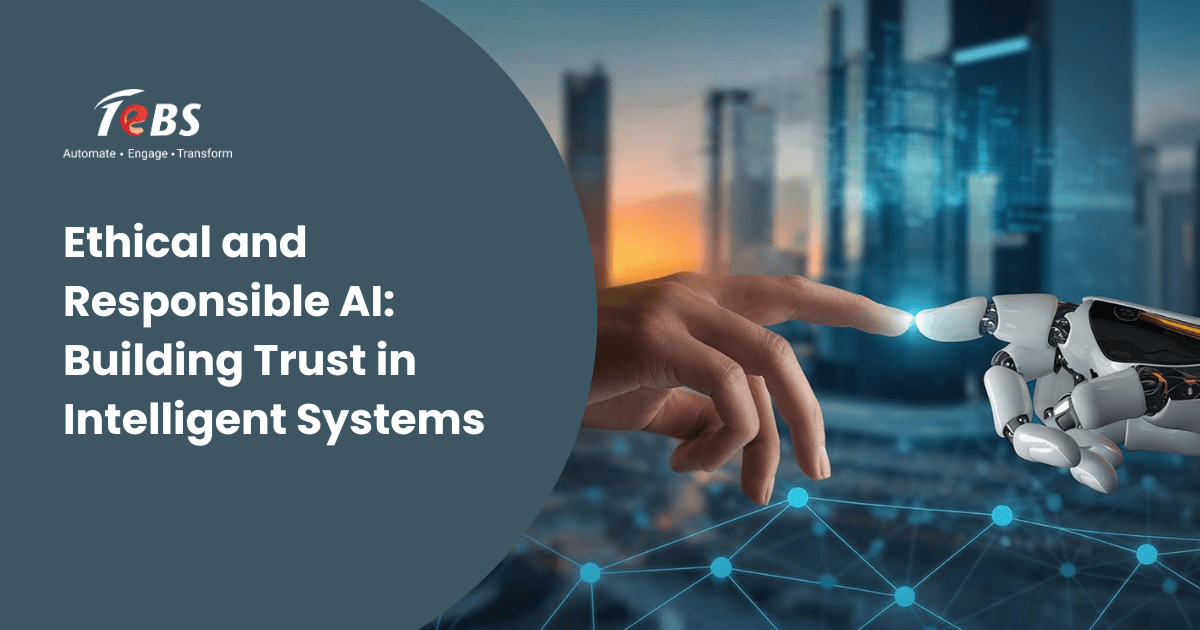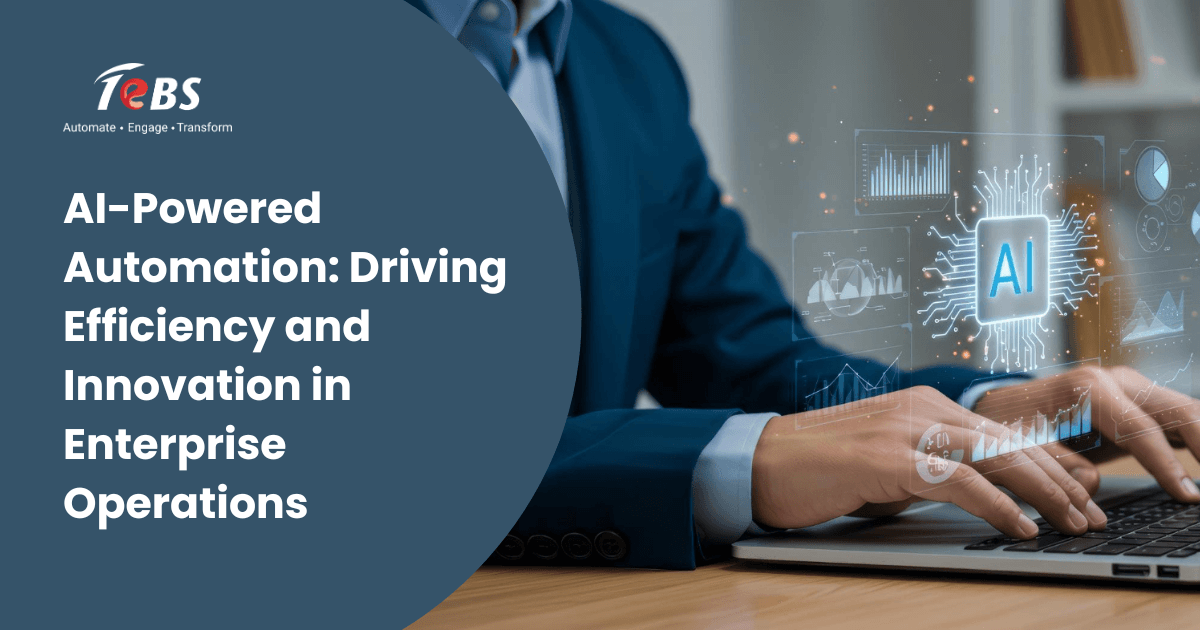Summary
Singapore’s Government Commercial Cloud (GCC+) marks a milestone in digital governance—combining AI services, automation, and multi-cloud agility to power smarter, more secure, and citizen-centric public services. Built with strong AI-driven cloud security frameworks, GCC+ enables agencies to innovate faster, integrate AI analytics, and deliver connected experiences across the Smart Nation ecosystem.Introduction
The Vision Behind the Government Commercial Cloud
The Government Commercial Cloud was launched under the Smart Nation and Digital Government initiative to enable public agencies to use commercial cloud platforms such as AWS, Microsoft Azure, and Google Cloud within a secure and regulated framework. Previously, government systems were often hosted on traditional on-premises environments, which limited scalability, slowed innovation, and increased maintenance challenges.
The GCC changed this by creating a trusted cloud environment where agencies could harness the agility of leading commercial providers without compromising compliance or data sovereignty. It became the foundation of digital modernization, accelerating cloud-native application development, streamlining operations, and enabling data-driven decision-making.
The vision was simple yet transformative. It aimed to empower agencies to deliver citizen-centric digital services faster, ensure security and compliance aligned with national standards, optimize resources through shared infrastructure, and create a future-ready digital backbone that fosters continuous innovation.
From GCC to GCC Plus A Smarter and More Secure Cloud
Building on the success of the initial GCC framework, the Government Commercial Cloud Plus was introduced to further enhance agility, resilience, and efficiency. This next-generation cloud environment reflects Singapore’s commitment to staying ahead of evolving technology landscapes and cyber challenges.
GCC Plus integrates new capabilities that make cloud adoption faster and more efficient for agencies. These include stronger security controls and data safeguards to address the rising complexity of cyber threats, multi-cloud flexibility allowing agencies to leverage different platforms for specific workloads, automated compliance and monitoring tools to simplify governance, and optimized network connectivity for better performance.
The evolution to GCC Plus represents not just a technological upgrade but a strategic reimagination of how the government delivers digital services. It aligns with Singapore’s broader Smart Nation strategy, ensuring that public sector systems remain robust, adaptive, and responsive to citizens’ needs.
Learn about cost-effective migration strategies in our blog Cloud Migration: Modernization, Cost & Stability.
Building Agility Across Government Agencies
One of the most significant outcomes of the Government Commercial Cloud revolution has been the newfound agility across government agencies. Cloud adoption under GCC and GCC Plus enables agencies to build and deploy applications rapidly, reducing time to market for new services from months to weeks.
This agility has allowed public institutions to respond faster to changing citizen expectations and emerging national priorities. Agencies now use cloud-based analytics and artificial intelligence tools to gather real-time insights from multiple data sources, enhancing policymaking and service delivery. Enhanced cloud capabilities have also enabled seamless citizen services that improve accessibility and satisfaction. Moreover, cloud elasticity ensures that critical systems such as healthcare and transportation can scale automatically during high-demand periods.
The ability to innovate quickly while maintaining robust governance has made Singapore’s digital government model a benchmark for other nations.
Ensuring Security and Compliance at Every Level
Security has always been a top priority for Singapore’s digital transformation journey. The GCC framework embeds stringent security measures across infrastructure, applications, and operations to protect government and citizen data.
Under GCC Plus, these controls have been further strengthened with zero-trust security models that ensure continuous verification of users and devices, end-to-end encryption for data both at rest and in transit, proactive monitoring and threat detection powered by artificial intelligence, and automated policy enforcement across all environments.
All systems deployed under GCC Plus are required to comply with Singapore’s IM8 and Cybersecurity Code of Practice. This governance ensures the highest level of data protection and gives agencies the confidence to adopt emerging technologies without compromising compliance or security.
Multi-Cloud Strategy for Greater Flexibility
A key advantage of the GCC Plus framework is its multi-cloud capability. Instead of being tied to a single vendor, agencies can choose the most suitable cloud environment based on workload requirements, whether for analytics, application hosting, or artificial intelligence development.
This flexibility promotes vendor neutrality and prevents technological lock-in. It also allows agencies to adopt the best services from different providers, optimizing both cost and performance. Furthermore, multi-cloud adoption encourages collaboration as agencies can share tools, data, and capabilities across platforms, creating a truly interoperable digital ecosystem.
Empowering Smart Nation Initiatives
The Government Commercial Cloud plays a central role in advancing Singapore’s Smart Nation vision. From smart transportation systems to data-driven public services, GCC provides the scalable infrastructure needed to power national innovation.
For example, cloud-enabled platforms process real-time data from sensors and Internet of Things devices to manage traffic flow and improve commuter experiences. In healthcare, telemedicine and predictive analytics platforms use secure cloud environments to deliver personalized care. Sustainability efforts also benefit, as cloud-based monitoring tools help track and optimize energy consumption across government facilities. With key platforms such as SingPass and MyInfo running on secure cloud infrastructure, citizens enjoy faster and more seamless digital interactions.
These advancements show how cloud technology under a robust governance framework like GCC Plus serves as the engine driving national innovation.
Data-Driven Transformation Through Artificial Intelligence and Analytics
Beyond infrastructure, GCC Plus has enabled a shift toward data-centric governance. By centralizing and securing vast amounts of data, agencies can now apply artificial intelligence and machine learning to uncover actionable insights that improve decision-making.
With AI data analytics & BI, government teams gain real-time insights into public health, transport, and sustainability trends.
Cloud-based analytics tools allow policymakers to identify trends in public health, transportation, and sustainability. Predictive analytics help forecast future service demands, while automation reduces manual administrative tasks. This integration of data and artificial intelligence supports evidence-based policymaking and ensures smarter, faster, and fairer outcomes for citizens.
To explore unified analytics, read our blog Microsoft Fabric: The Data Platform for the AI Era.
The Role of Trusted Technology Partners
The success of the Government Commercial Cloud revolution is a collaborative achievement between the Smart Nation and Digital Government Group, GovTech, and trusted technology partners. These partnerships bring together expertise from both the public and private sectors, enabling continuous innovation and modernization.
Companies such as Total eBiz Solutions, known as TeBS, play a key role by helping agencies integrate advanced cloud and artificial intelligence solutions securely within the GCC Plus environment. Through consulting, solution development, and managed services, partners like TeBS ensure agencies can maximize their investment in the cloud while focusing on delivering meaningful citizen outcomes.
Strengthening Resilience and Sustainability
The GCC Plus framework is designed not only for performance but also for resilience and sustainability. By migrating systems to the cloud, agencies reduce their dependence on physical data centers, which lowers energy consumption and carbon footprint.
GCC Plus incorporates disaster recovery and business continuity measures to ensure that critical systems remain operational even during disruptions. This resilience is essential for national security, emergency response, and public safety.
Additionally, sustainability extends to digital capability building. Continuous training programs empower the public sector workforce to embrace cloud technologies and develop new digital skills. This ensures that Singapore’s digital transformation remains inclusive, sustainable, and future-ready.
The FHD2Hub for Singapore Food Agency case study by TeBS demonstrates how secure, cloud-enabled systems strengthen operational resilience and sustainability in the public sector.
The Future of GCC Plus Accelerating Innovation for the Next Decade
As Singapore continues to refine its digital government strategy, the next phase of GCC Plus will focus on deeper integration of artificial intelligence, automation, and edge computing. The goal is to build an intelligent, hyper-connected cloud ecosystem that delivers proactive, personalized, and real-time services to citizens.
Emerging capabilities such as artificial intelligence-assisted governance, secure cross-agency data sharing, and sovereign cloud frameworks will define the next decade of public sector innovation. GCC Plus will continue to serve as the digital backbone supporting these advancements, helping Singapore maintain its global leadership in digital government transformation.
For modern data practices and insights, refer to Gartner’s “10 Strategic Data and Analytics Predictions Through 2028” — Read more here.
Conclusion Building the Future of Digital Governance
Singapore’s Government Commercial Cloud revolution is more than a technology upgrade. It is a testament to the nation’s commitment to innovation, trust, and service excellence. Through GCC and GCC Plus, the government has built a secure digital foundation that empowers agencies to deliver faster, smarter, and more connected services.
As digital demands continue to grow, the ongoing evolution of GCC Plus will enable greater agility, collaboration, and intelligence, setting a new benchmark for digital governance across the world.
For public agencies and organizations looking to begin their cloud transformation journey, Total eBiz Solutions is ready to help. With expertise in cloud modernization, artificial intelligence integration, and managed services, TeBS supports you in harnessing the full potential of the cloud while ensuring compliance, security, and operational efficiency.
To explore how TeBS can accelerate your digital transformation, reach out to [email protected]. Together, let us pioneer progress in the era of intelligent governance.
1. What is Singapore’s Government Commercial Cloud (GCC+)?
GCC+ is a secure, next-generation cloud platform that enables Singapore’s public agencies to build, deploy, and manage digital services efficiently using commercial cloud technologies while ensuring strong security and governance.
2. How does GCC+ enhance Smart Nation goals?
GCC+ accelerates Singapore’s Smart Nation vision by enabling data-driven innovation, faster digital service delivery, and seamless integration of AI, IoT, and analytics across government platforms.
3. How does TeBS support GCC+ adoption?
TeBS helps agencies migrate securely to GCC+, modernize legacy applications, and implement AI-powered cloud solutions that enhance operational efficiency, compliance, and service innovation.
4. What are the advantages of GCC+ for public sector resilience?
GCC+ boosts resilience through scalable infrastructure, built-in disaster recovery, enhanced cybersecurity, and flexibility to adapt quickly to changing citizen and operational needs.
5. How do Microsoft capabilities fit into GCC+ adoption?
Microsoft Azure provides secure, compliant, and AI-ready cloud infrastructure under GCC+, supporting productivity, data analytics, and collaboration across public agencies.
6. What data governance practices are essential for GCC+ success?
Key practices include enforcing data classification, access control, encryption, compliance monitoring, and continuous audits to ensure data integrity, privacy, and regulatory adherence

